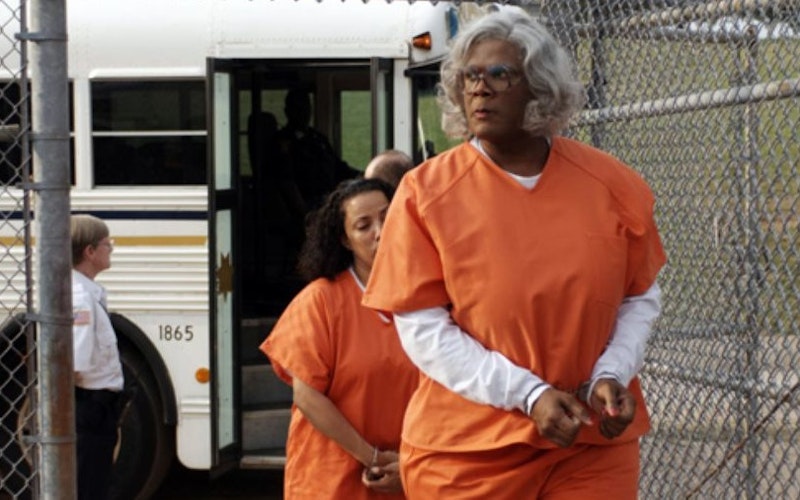
Music
The Tyler Perry problem
Madea Goes to Jail, producer-writer-director-star Tyler Perry’s sixth feature film, came out on DVD this week, adding to one of the more remarkable and idiosyncratic careers in Hollywood.
Without the support of a major studio or the talent of big-time stars - and in the face of routinely negative reviews - Perry’s movies have been reliably, resoundingly profitable. How does he do it?
One theory points to the fact that Perry’s films frequently contain a Christian message, thereby appealing to a market that puts religious content ahead of marketing influence, star power and critical opinion. Perry’s movies often feature moral scoundrels - prostitutes, drug dealers, abusive husbands - who find redemption via a combination of family and Christianity. Madea - a sassy, pistol-toting grandmother played by Perry in drag - may go to jail, but she’s also the founding member of his church of lost-their-way saints.
If this sounds a little incongruous, you’re right. Perry’s movies fly back and forth between farce and melodrama so awkwardly they can make you dizzy. His first film – “Diary of a Mad Black Woman” – was a poorly constructed combination of a Martin Lawrence cross-dressing comedy, a Stephen King story about a tortured crippled man and a Jennifer Lopez melodrama about domestic abuse.
All of which puts me in a particularly uncomfortable position. As a film critic, I expect movies to be, at the least, competently made. As a Christian film critic, I have a particular interest in movies that touch on or reflect my religious beliefs.
So what do I do with Tyler Perry?
I’m afraid overlooking the medium because of the message isn’t an option. To begin with, that only encourages more bad Christian art. And my teeth still hurt from gritting them while sitting through “Fireproof.”
Secondly, I’m not so sure I agree with Perry’s message anyway. Like everything else in his films, the religious content is broad and obvious. In Perry’s world, everyone’s problems would be solved if we only listened to Madea’s haranguing and went to church. Rarely do his movies capture the subtle nuances – the real, complex intricacies – of what it means to believe or how true faith can help a troubled life.
In fact, Perry’s religious elements often feel like bones being thrown to satisfy what he has found to be a loyal and undemanding audience. Wait a minute – delivering the same familiar pap to a target demographic? No wonder Perry doesn’t need a Hollywood studio. He already acts like one.
Topics: Movies, Culture At Large, Arts & Leisure